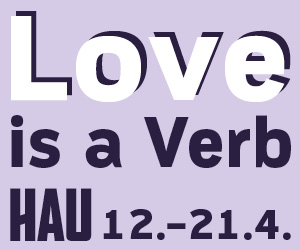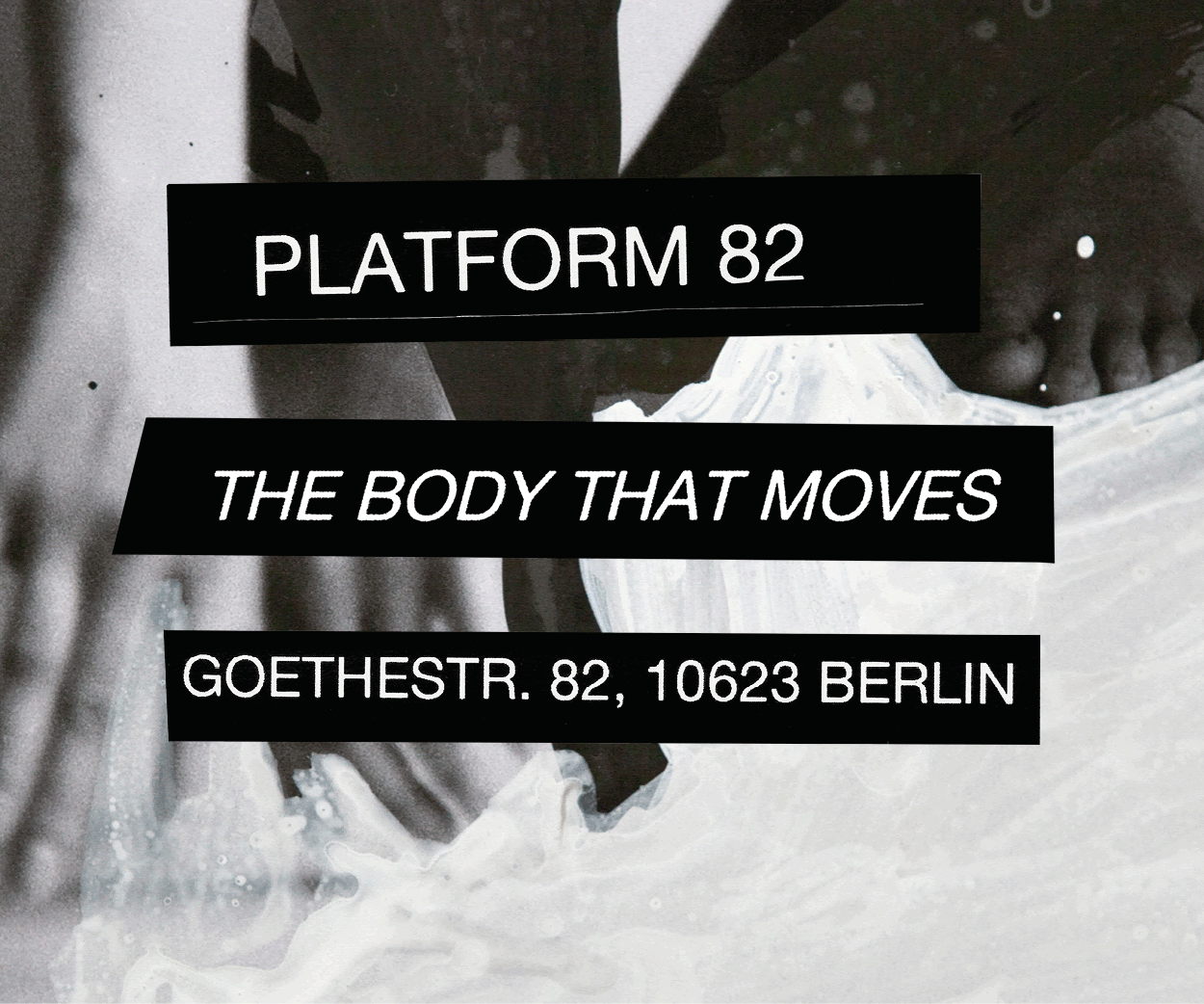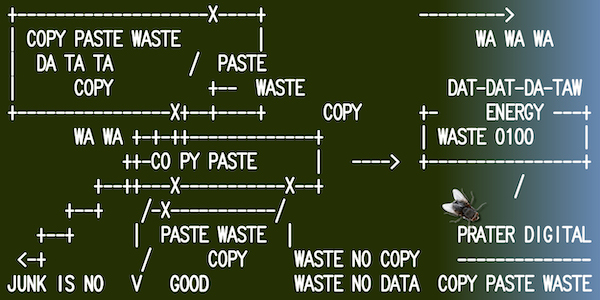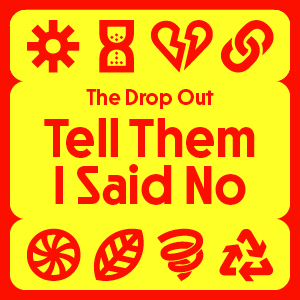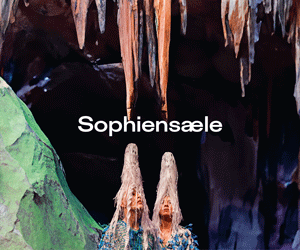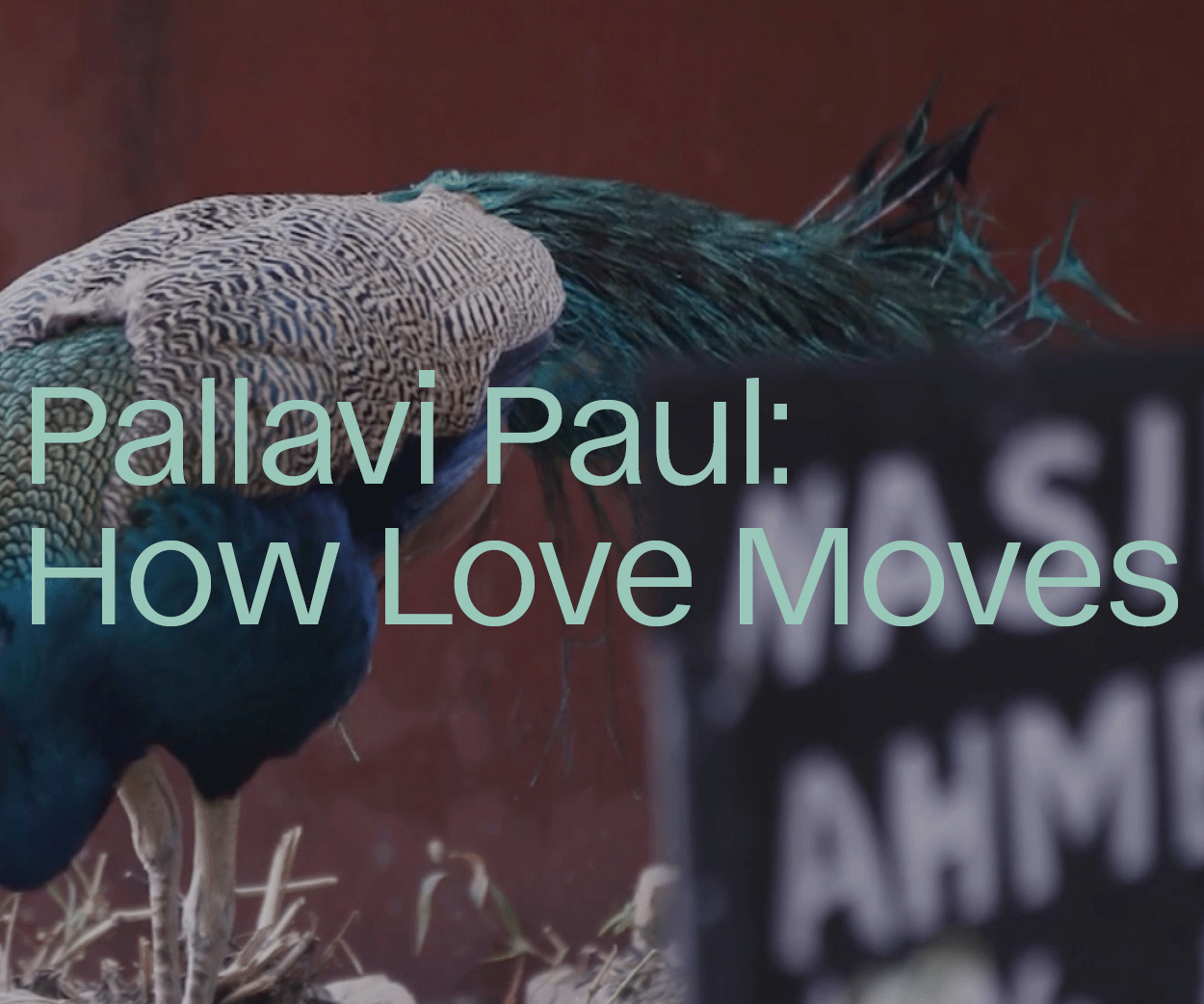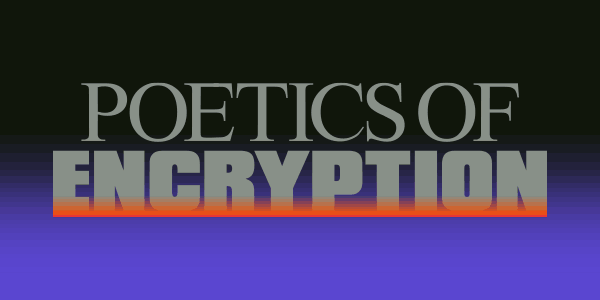by Matteo Calla // Feb. 20, 2023
In ‘Nature is an event that never stops’—Sophie Erlund’s latest show at PSM Gallery in Berlin—the artist uses virtual reality to call into question our anthropocentric biases, inviting us to explore nonhuman perspectives and reconsider our relation to our environment. The VR film at the center of the show is also a psychology experiment. It was developed in collaboration with Cordula Vesper, a scientist at Aarhus University in Denmark researching color psychology, and is part of the EER (‘Experimenting, Experiencing, Reflecting’) project founded in 2018 by artist Olafur Eliasson and Professor Andreas Roepstorff. We spoke to Erlund about how her artworks evolved in light of this collaborative research.
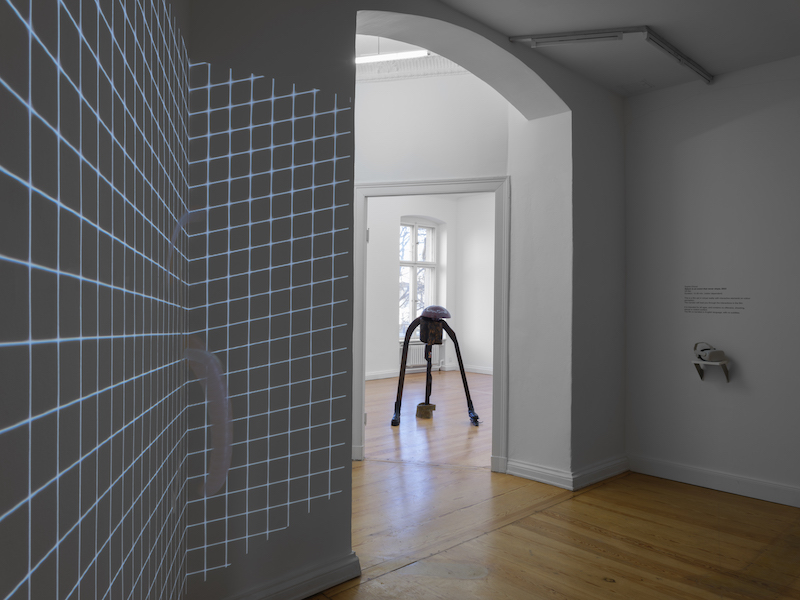
Sophie Erlund: ‘Nature is an event that never stops,’ 2023, installation view at PSM Berlin // Courtesy of PSM Berlin
Matteo Calla: Tell us how you came to work with VR, and what possibilities it opens for your artistic practice.
Sophie Erlund: I was part of the EER project and, in the group, we were discussing color matching and perception and transmission chains and joint action exercises. We had developed a very simple version of the color matching tasks that you experience in this VR piece.
But it wasn’t really an artwork yet. It was in a white cube VR space, and then you’d encounter a type of object that we had scanned, and that you would then color match. I then realized that some of the topics, in addition to what is perception, that make agency explicit—highlighting that you are doing something, you are creating an action, you are changing something in the world— were important to me. And also the question of who we are as humans, if you think of it from a more-than-human perspective. I thought these aspects would be really important to bring in when you’re considering your own perception. So then I thought it would be amazing if we could make a film where all these overarching subjects were being brought in by a narrator.
It came out of a test model, basically. That’s why it was a white cube. I suggested that we should move through the space and feel our own body in the space. And we could do it because it’s virtual reality. We can exploit the perspective. We don’t have to stay in the perspective of our body inside the museum. We can actually go into the Earth’s crust and into outer space. I realized very quickly that I was able to actually create a simulation of more-than-human perspectives because we’re not in real space. We can potentially be in places we wouldn’t be able to be and have an experience of being alone in outer space or being caught in a web of mycelium. These are the types of physical experiences we’re not able to have in real life.
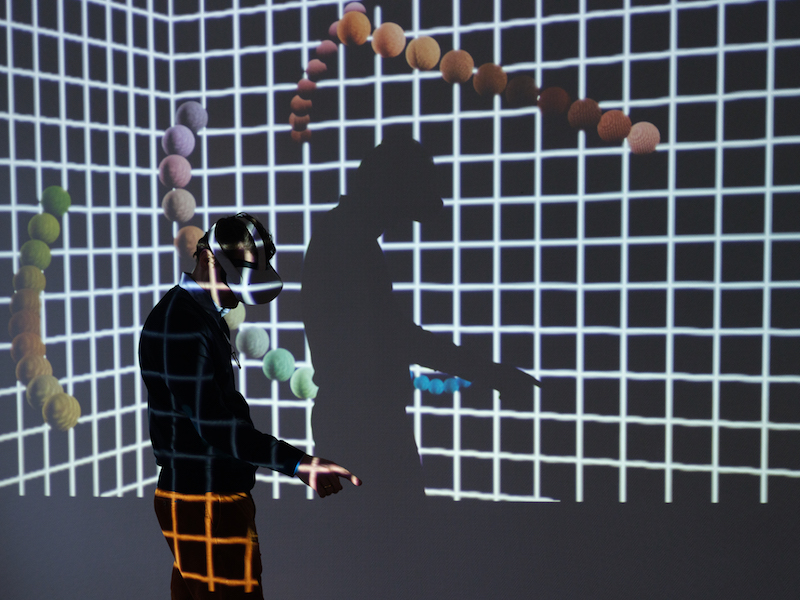
Sophie Erlund: ‘Nature is an event that never stops,’ 2023, VR film experience at PSM Berlin // Courtesy of PSM Berlin
MC: Do you think that new digital technologies such as VR, which are often criticized as alienating us from our environment, have the power to bind us more closely to it?
SE: I think if it’s used in a way that highlights exactly these types of topics—questioning who you are, questioning how you feel things, questioning how you see things—I think it does offer something.
Digital media as such can be very alienating, but I think it’s important to highlight its presence in our lives because we are increasingly engaging with, not necessarily VR, but with algorithms and AI, which are deciding many things with us, and we’re not always so actively engaged in the decisions, at least not in a conscious way. And so I think this is one of the big topics for us as humans now: to study our choices and study the agency that we do have, to become more conscious about our use of these technologies.
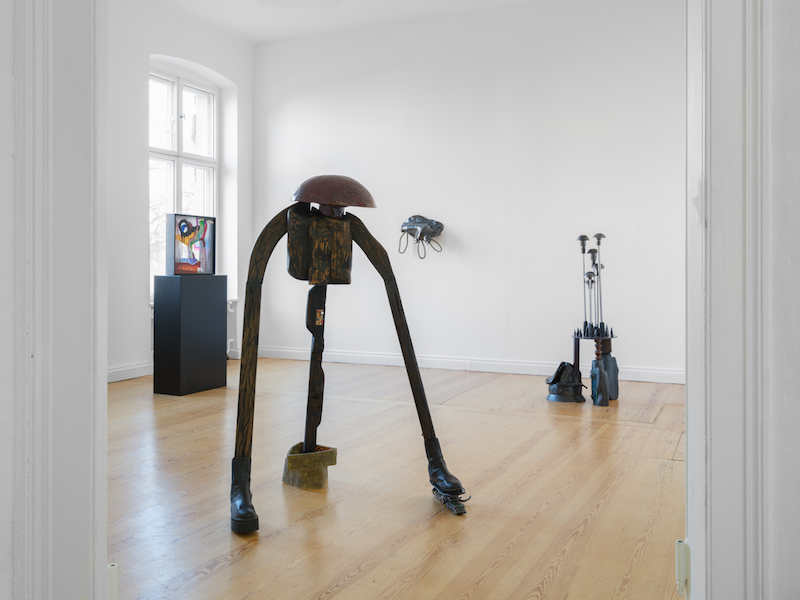
Sophie Erlund: ‘Nature is an event that never stops,’ 2023, installation view at PSM Berlin // Courtesy of PSM Berlin
MC: What was it like working on a project that is at once art and a psychology experiment?
SE: I think for many artists collaborating is a challenge, because we’re not used to it. We are so privileged to just sit in our own world and do what we think is important or focus on what we want to express. But to suddenly work with scientists was a huge challenge, although a very meaningful learning experience.
A lot of the things I’m interested in—such as interaction with artworks and the effect on you as a visitor and this feeling that you’re participating in the artwork, and that the way you move, the way you hear and where you’re positioned all makes a difference in the experience of the artwork and what it tells you—I’ve considered for many years without knowing very much about what the brain or perception does or could do from a scientific point of view. Since having these discussions with the EER group and Cordula Vesper, I was able to get input that sharpened my lens on how I could use artworks to create those experiential spaces.
Exhibition Info
PSM
Sophie Erlund: ‘Nature is an event that never stops’
Exhibition: Jan. 16-Feb. 25, 2023
www.psm-gallery.com
Schöneberger Ufer 61, 10785 Berlin, click here for map


